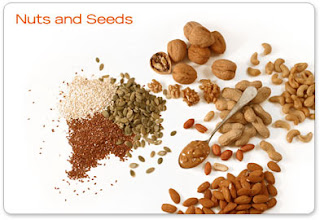
Olive oil is a staple in any kitchen. It's the base of many salad dressings and is also used as an ingredient in sauces and marinades; as a dip for bread; and for sautéing, roasting, frying and baking. Extra-virgin olive oil can be used as a condiment when drizzled over a bowl of pasta or platter of roasted vegetables.
- Olive oil is an excellent source of heart-healthy monounsaturated fats that may lower the bad cholesterol and raise the good cholesterol.
- It contains Vitamin E and antioxidants.
- It's an excellent replacement for unhealthy saturated fats like butter.
Although olive oil has great health benefits, it also has a lot of calories. It’s 100 percent fat, and like all liquid oils, contains about 120 calories per tablespoon.
src="http://pagead2.googlesyndication.com/pagead/show_ads.js">





